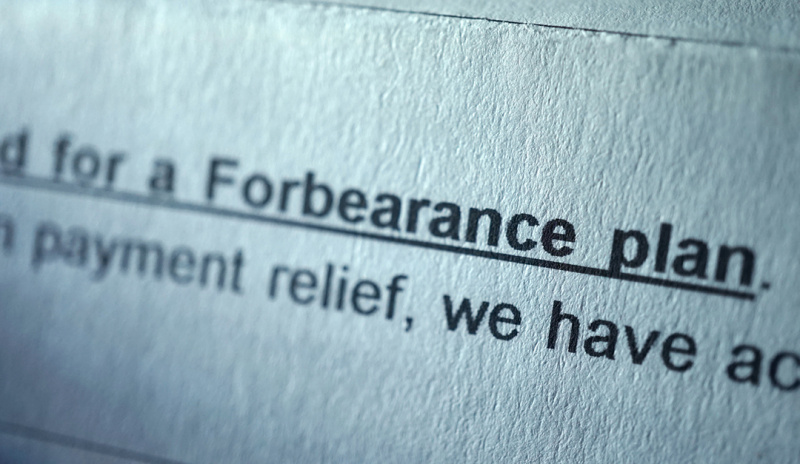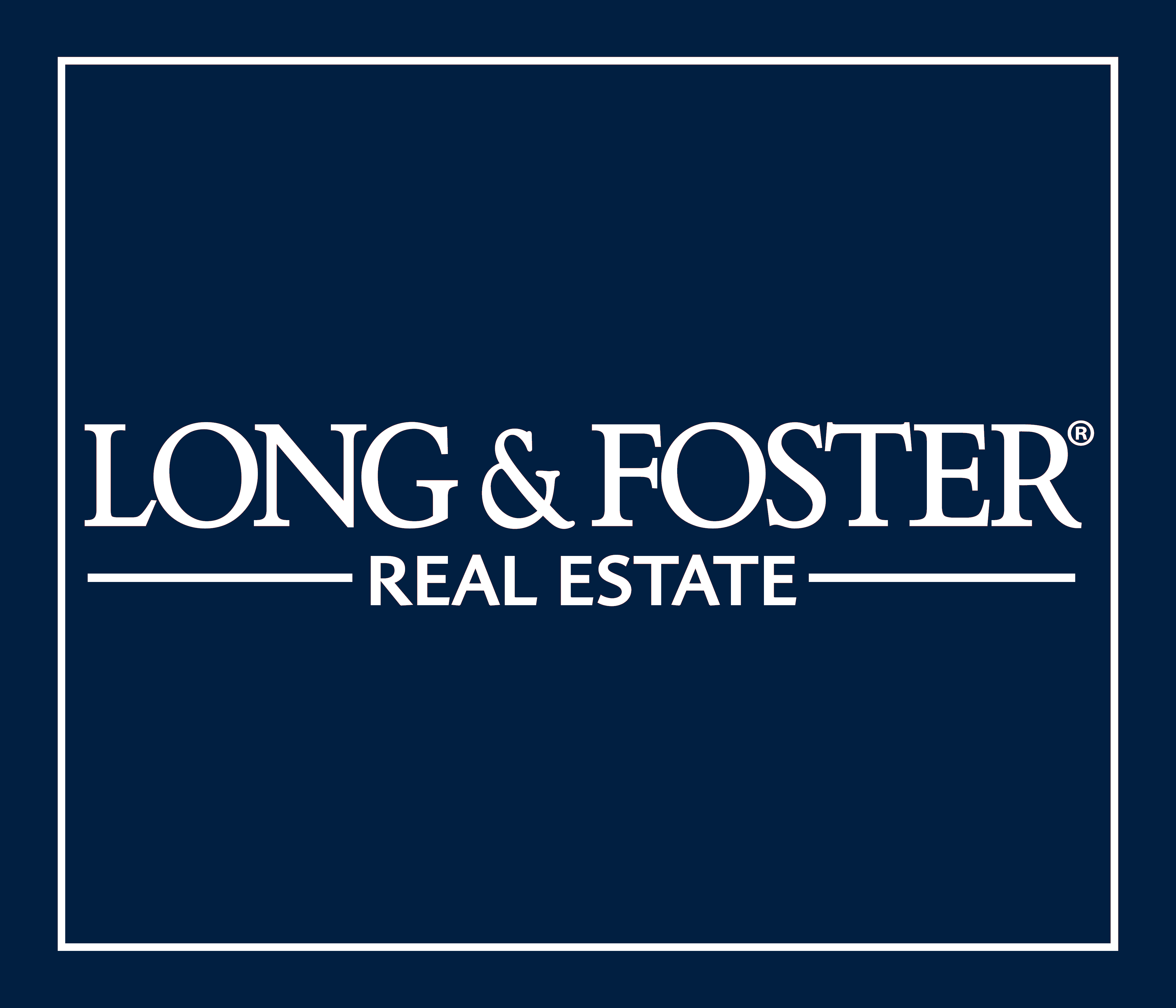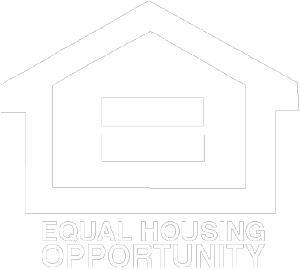
Source: RIS MEDIA
(TNS)— More than 3.4 million Americans are in mortgage forbearance plans, which allows them to pause payments for a month to as long as a year. As the coronavirus pandemic continues to jolt the economy, more people will face financial difficulty, including how to pay their monthly mortgage bill.
“The forbearance program is obviously designed to deal with the characteristics of this pandemic. This isn’t related to mortgage underwriting or a downturn in the economy—it’s a sudden disruption that’s believed to be temporary in which people can resume their normal life,” says Ed DeMarco, president of the Housing Policy Council (HPC). “A forbearance is a normal tool in the toolkit, it’s been used with some regularity with natural disasters, or any temporary emergency which disrupts normal living and income.
Some 6.4 percent of all active mortgages are in forbearance. So far, the total amount of unpaid principal due to forbearance is $754 billion, according to Black Knight. This includes 5.6 percent of loans backed by Fannie Mae and Freddie Mac and 8.9 percent of all FHA and VA loans.
Going into forbearance might be worrisome for many borrowers who are facing financial problems they didn’t expect or plan for. Understanding the basic facts might help alleviate some of the worry. Here are some essential forbearance questions borrowers have.
What is a mortgage forbearance?
Mortgage forbearance allows homeowners to pause their mortgage payments while dealing with a short-term crisis. In the case of coronavirus-related forbearance requests, most lenders are not requiring proof of hardship outside of verbal or written verification from the borrower.
Depending on whether you have a government-backed or privately-owned mortgage, your forbearance options might differ. Before you apply for forbearance, find out from your lender which type of loan you have.
What does forbearance mean under the CARES Act?
The CARES Act is the federal government’s relief response to the economic blow delivered by the coronavirus pandemic. The trillion-dollar relief package includes help for homeowners with government-backed mortgages, which make up about three out of four mortgages in this country. That includes home loans owned by Fannie Mae and Freddie Mac as well as VA, USDA and FHA mortgages.
Under the CARES Act, borrowers facing economic hardship because of COVID-19 can get mortgage forbearance for up to a year. During this time, lenders cannot foreclose on your property. There are several repayment options available to homeowners once the forbearance ends. You can read about these options here.
What happens if you’re not protected under the CARES Act?
Borrowers with privately-owned mortgages are not covered under the CARES Act. Nevertheless, most lenders are offering forbearance and loan modification options for borrowers with privately owned mortgages.
“The congressional mandate and CARES Act only covers loans owned by the government, loans that don’t meet those qualifiers aren’t guaranteed forbearance. However, the forbearance take-up rates for non-federally backed loans is pretty meaningful,” DeMarco says.
Regardless of who owns your loan, be sure to talk to your lender if you’re having trouble paying your mortgage. The worst thing you can do for your credit is to simply stop paying the bill.
Can a private mortgage be switched to a government-backed mortgage?
The only way to get out of your current mortgage is to pay it off and get a new one via mortgage refinancing.
“There might some loans on a bank balance sheet that are available for Fannie Mae or Freddie Mac to buy,” DeMarco says. “But if they’re already in forbearance, it’s unclear if Fannie and Freddie will buy them.”
Will mortgage forbearance hurt your credit?
No, mortgage forbearance does not appear on your credit report as a negative activity.
Do borrowers pay extra interest if they get a forbearance?
Borrowers typically won’t have to pay additional interest on their mortgage in forbearance. The amount of interest and interest rate stays the same according to the borrower’s contract.
“During a forbearance plan, interest is not paid but still accrues in accordance with the terms of the note,” says Tom Goyda, senior vice president, consumer lending communications at Wells Fargo. “Additionally, as required by the CARES Act, no interest accrues during the forbearance period beyond the amounts scheduled or calculated as if the borrower made all contractual payments on time and in full under the terms of the note.”
The only situation in which the loan interest might change is if the lender extends the loan maturity date or increases the loan interest rate, says Andrew Demers, partner at Weiss Serota Helfman Cole & Bierman in Boca Raton, Florida, specializing in banking and real estate law. Demers points out that it’s critical for borrowers to understand the payment terms of the forbearance and says they should ask a few key questions, including:
– Do I have to pay interest or escrow advances during this time, or is this a complete payment deferral?
– Is the loan maturity date being extended?
– Will the lender recapture the deferred through a balloon payment at loan maturity, an extended maturity date, or some other catch-up method?
“Technically speaking, a deferment agreement is a modification and amendment to the loan documents, which requires a clear understanding of the parties’ respective rights and obligations,” Demers says.
After the forbearance plan is complete, if the borrower is approved for another workout option, the type of workout option offered will determine how the interest is handled.
“Interest accrues during the forbearance, but it doesn’t have to be repaid until later. At the end of the forbearance, the delayed payments and interest accrued can be paid in full by the client, resolved through an extended repayment plan or the loan may be modified, depending on the client’s needs,” says Susan Atran, spokesperson for Bank of America.
Can you refinance your mortgage during forbearance?
The chances of refinancing during a forbearance are slim. Lender will likely not be able to resecuritize your loan during forbearance.
Can lenders refinance once forbearance ends?
Generally, the borrower would have to pay off the foreborn amount (either with a new mortgage or cash) in order to refinance. However, there are variables that might affect whether a refinance is possible. Things like the type of loan you’re trying to refinance into, whether you ended up with a loan modification at the end of the forbearance and how the missed payments are being handled can all play a role in getting approved for a refinance.
“If they tack on mortgage payments to the back of the loan and resume normal monthly payments, the principal amount of the new, refinanced loan will have to capture the forbearance payments,” DeMarco says.
Can you sell your home during forbearance?
Yes, homeowners in forbearance can sell their homes. The foreborn amount would become payable upon sale of your property.
Are rental properties or second homes eligible for forbearance?
It depends on the type of mortgage you have. GSE-backed mortgages—i.e., owned by Fannie Mae or Freddie Mac—are eligible for forbearance if they’re used as rental properties or second homes. However, FHA, VA or USDA loans cannot be put into forbearance if the property is used as rental property or second home.
Can you get a forbearance if you have a HEL or HELOC?
Some banks, like Wells Fargo, are offering forbearance to home equity customers. So check with your lender.
“At the end of the initial three-month payment suspension, Wells Fargo has a number of potential options available for mortgage and home equity customers,” Goyda says. “Depending on the loan investor and other factors, those options could include a continuation of the payment suspension, moving the missed payments to end of the loan or a modification to address longer-term financial changes that may impact their ability to keep up with their monthly payments. We’ll need to talk with them directly to understand their circumstances and identify the best way to help them going forward.”
Bottom Line
If your finances were hit by COVID-19, talk to your lender as soon as possible about your mortgage relief options. A mortgage forbearance is not automatic, so you can’t just stop making payments otherwise your credit report will suffer and you can end up in default.
Source: RIS MEDIA
©2020 Bankrate.com
Distributed by Tribune Content Agency, LLC






